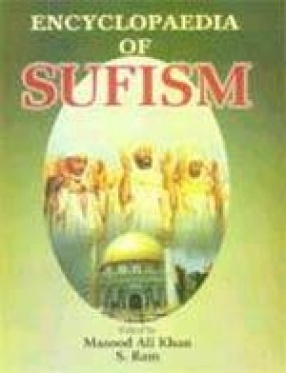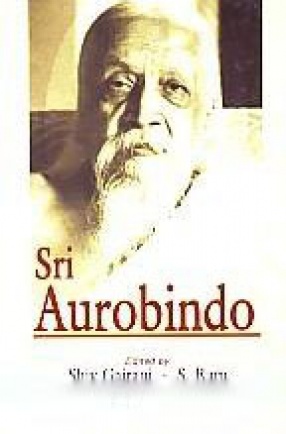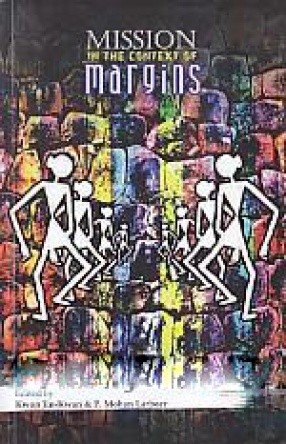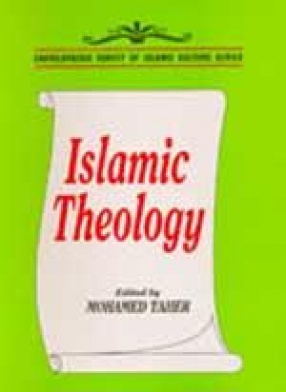Conventionally the word "sufi" is considered synonymous with the word "mystic". But the word "sufi", as used in Arabic, Persian, Turkish and Urdu, has a religious connotation. The Sufis claim to have inherited their doctrines direct from the teachings of the holy prophet, who, strictly speaking, has given no dogmatic or mystical theology. The classical Sufism of the early brotherhoods was strong on simple, straightforward faith in Islamic theology, personal devotion to God and trust (tawakkul) in Him under all conditions, personal loyalty to the prophet of Islam and allegiance to the Qur’an and the Shari’at. The faith was accompanied by the practice of a well-controlled ascetic life and in many cases meant renunciation of the world. Then followed the Khanqah stage and concentration, between A.D. 1100 and 1400, on the creation of the Silsilah-Tariqah system, its organization, its rules of conduct and the writings of handbooks both on esoteric doctrine and on the Sufi path. During its historical development it gathered elements and characteristics from the intellectual and cultural climate of the region concerned which transformed it into a bourgeois and later a mass movement of wide acceptance. The fundamental of Sufism is God, man and the relation between them, which is love. The whole sufi theosophy revolves on these three pivots. The present work organised in 12 volumes, is designed to bring together the valuable information on Sufism, its doctrines and preachings, main orders, prominent Sufi saints, their life and teachings, etc. The information is drawn from various authoritative sources. The primary purpose of this work is to serve as a basic handbook on significant topics of Sufism. No doubt, this work will prove of utmost value to the scholars and laymen alike who wish to have detailed look into Sufism.
World Economic Geography (In 2 Parts)
$126.90
$141.00











There are no reviews yet.